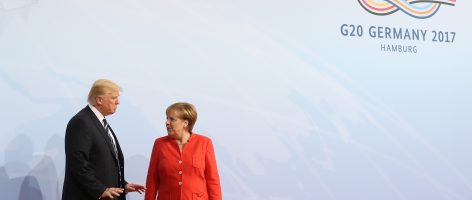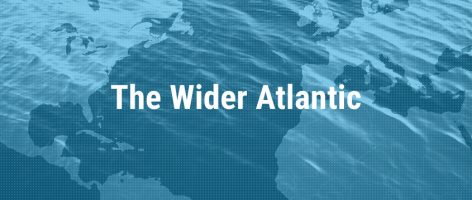
A Tale of Two Communiqués
During Richard Nixon’s historic 1972 visit to China, the U.S. president reportedly asked Premier Zhou Enlai what he thought about the impact of the French Revolution on history, to which …

Yixiang Xu discusses cooperation between China and Germany on climate change
Featuring Yixiang Xu via CGTN America on July 6, 2017.

Germany’s Trust Test
Three months from now, Germans will go to the polls to elect a new government. While German voters are not as subjected to a permanent election campaign mode as are …

Will Globalization’s Third Phase Be Like Its First?
During the world’s first phase of globalization before World War I, I had a great-grandfather who was a cigarette manufacturer in Czarist Russia. He traveled regularly to Turkey to purchase …
Recent Authors
AGI provides knowledge, insights, and networks as tools to solve the challenges ahead.
Support Our WorkAn Accidental Brexit – Key Insights Beyond the Snap Election
The British EU-referendum of 2016 resulted in a 51.9 percent majority in favor of Brexit. There are, however, serious doubts about whether this referendum was an orderly one. One can …

The European Defense Fund: A Start but Read the Small Print
After the past month of contention over the shortfall by the NATO European allies, and particularly Germany, on the now well-known NATO guideline to spend a “minimum of 2% of …
AGI Earns 4 Star Rating from Charity Navigator for the 3rd Year in a Row
AGI is proud to announce that it has again been awarded with a 4 Star rating by Charity Navigator, America’s premier independent charity evaluator. Receiving four out of a possible four …
The German-American Relationship: What’s In It for the U.S.?
The German-American relationship has gone from Bush 41’s call for a Partnership in Leadership to Trump’s view of Germany as one of America’s adversaries. His National Security Advisor and top …



